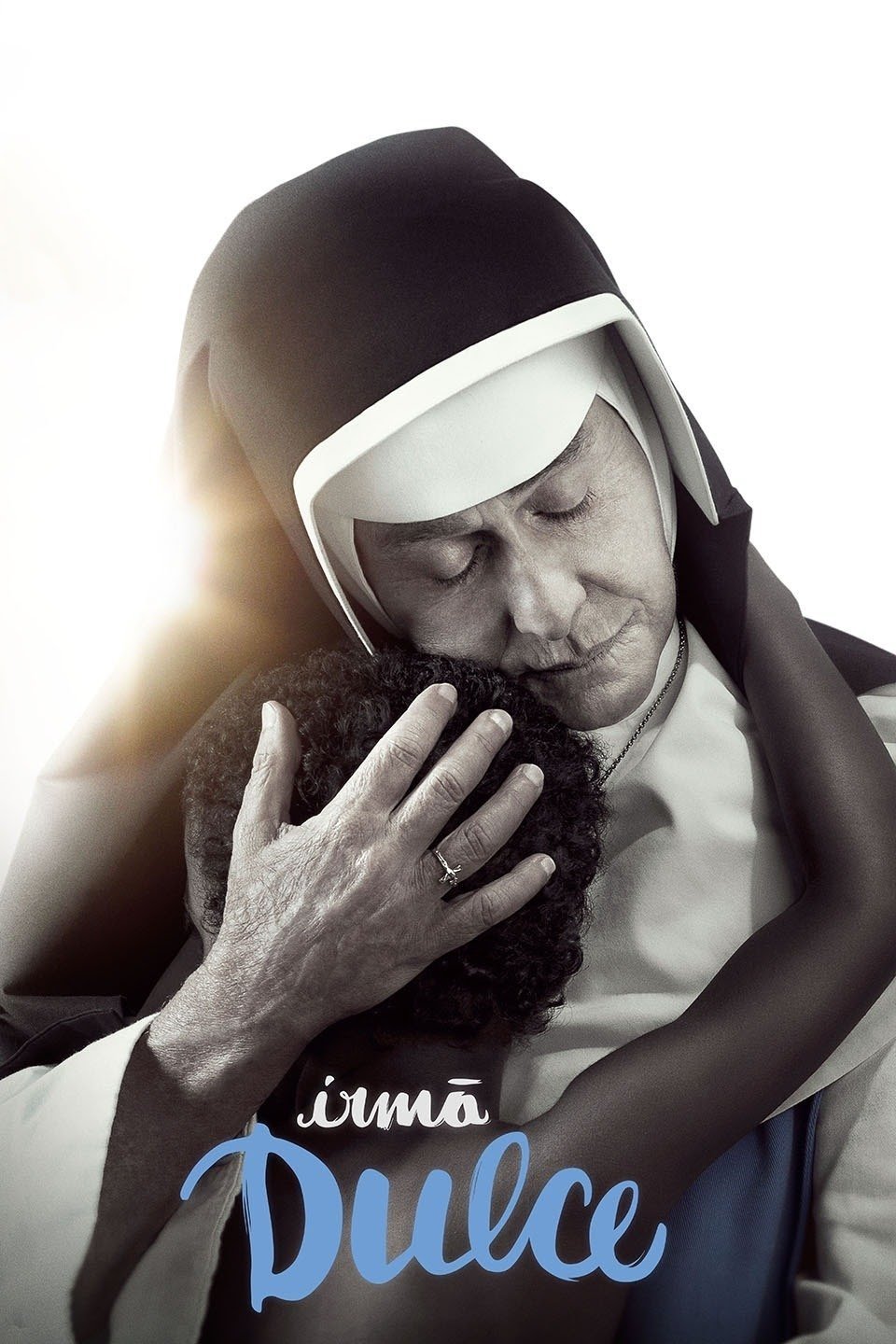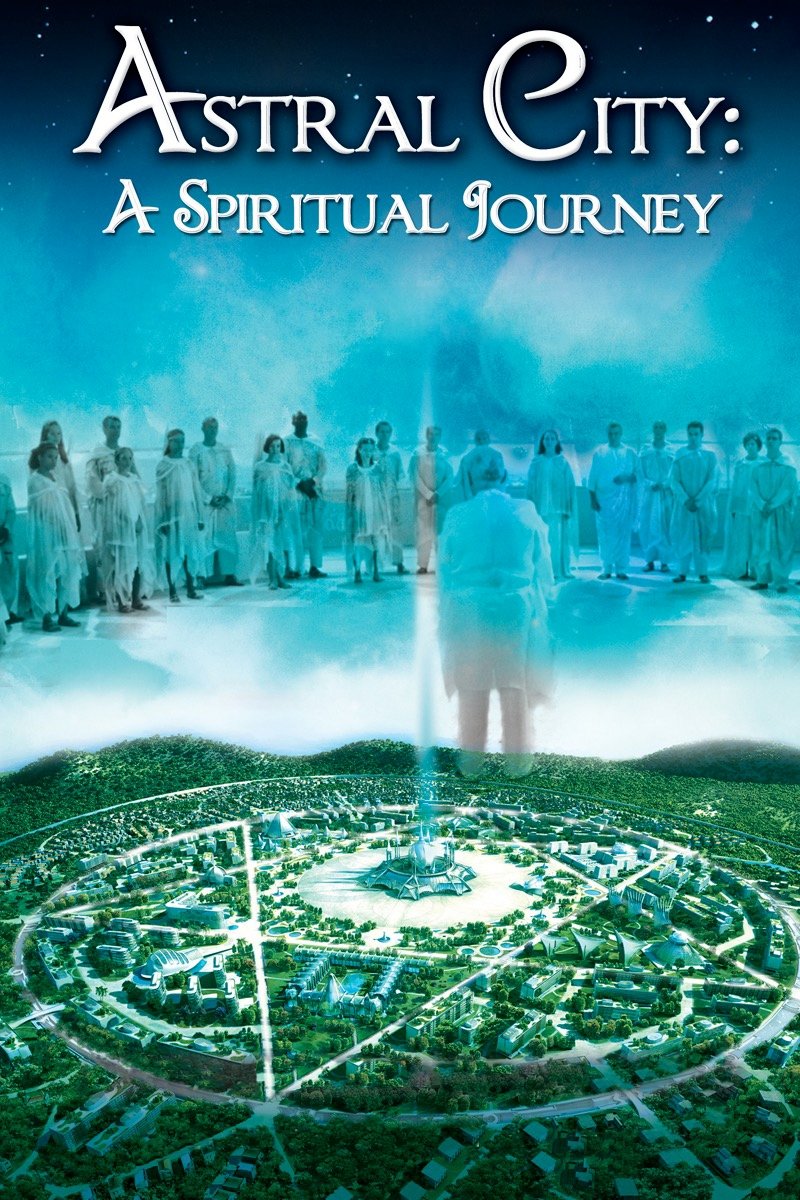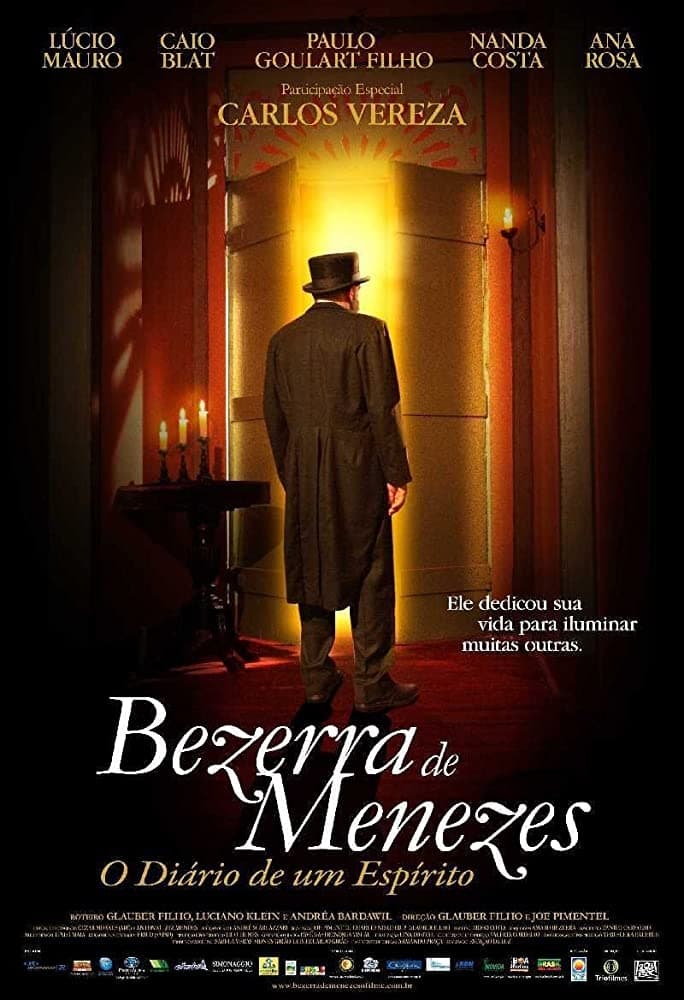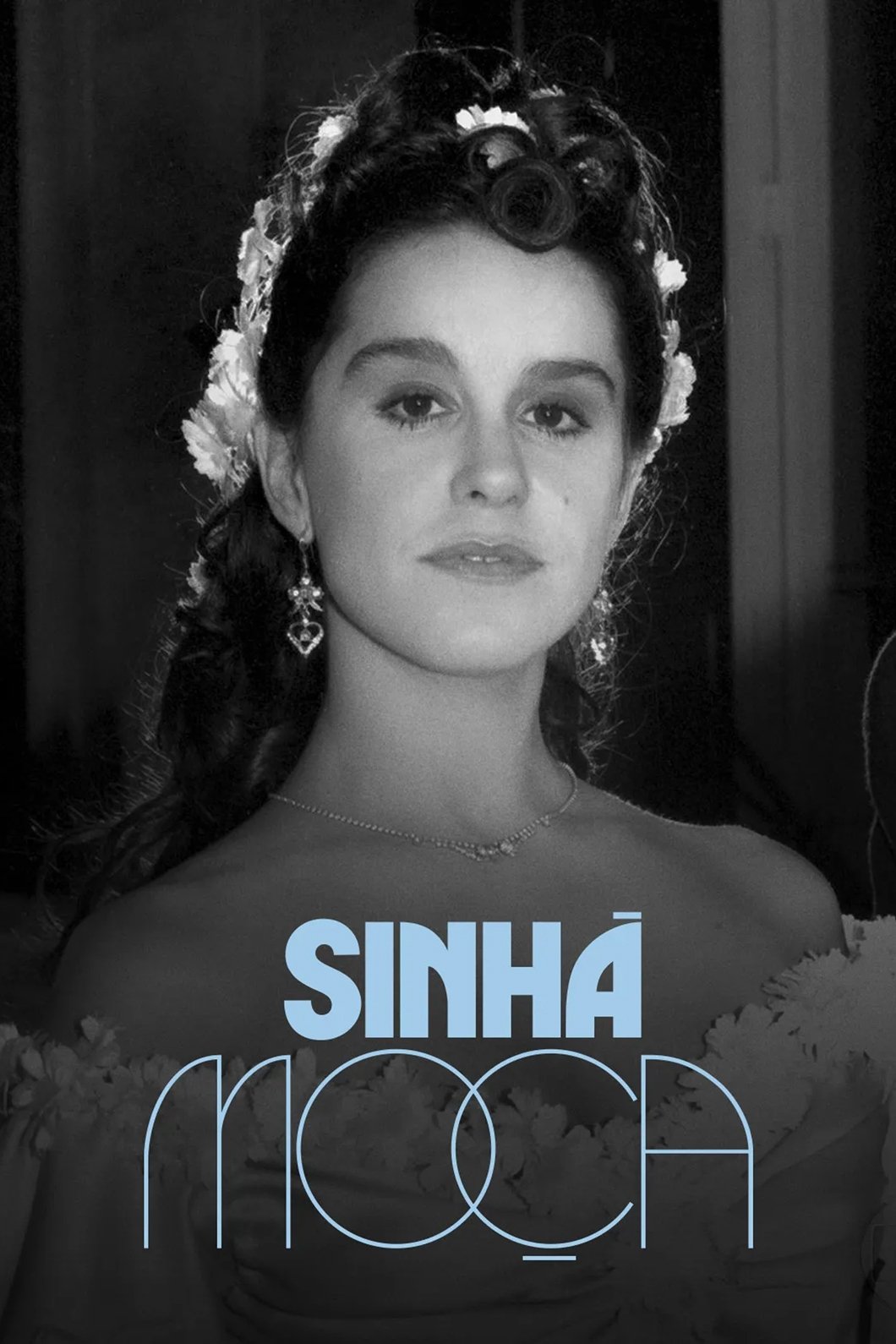

Biographical film of Sister Dulce, who, in life, was called the “Good Angel of Bahia”, also nominated for the Nobel Peace Prize and canonized by the Catholic Church. Contemplating from the 1940s to the 1980s, the film shows how the Catholic nun faced an incurable respiratory disease, machismo, the indifference of politicians and even the dogmas of the Church to dedicate her life to the care of the miserable, leaving a legacy that continues today.

The selfish Dr. André Luiz dies and awakes in the limbo called "Umbral". After a painful period in the gruesome swamp, he is rescued and brought in a white light to "Nosso Lar" (meaning "Our Home"). He finds a place of harmony, where people live in peace awaiting

The film follows the life of the doctor Menezes (Carlos Vereza), known as the doctor of the poor.

Monarchists and Republicans confront themselves in Araruna, a small town in the interior of São Paulo, in 1886, two years before the promulgation of the Golden Law. Sinhá Moça's love story, daughter of Colonel Ferreira, Baron de Araruna, and a slave-boy, with the young Dr. Rodolfo, an active Republican abolitionist, faced with the difficulties of the campaign for the abolition of slaves. The two meet on the train, when Sinhá Moça, after completing her studies in the provincial capital, returns to Araruna. Like Rodolfo, she has abolitionist ideas and criticizes her father's attitudes, fighting for the defense of blacks. Sinhá Moça, together with Rodolfo and other abolitionists, invade the slave quarters at night and liberate the blacks, giving them to the abolitionist associations, which guide them towards freedom.
By browsing this website, you accept our cookies policy.